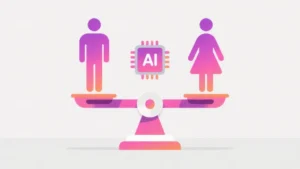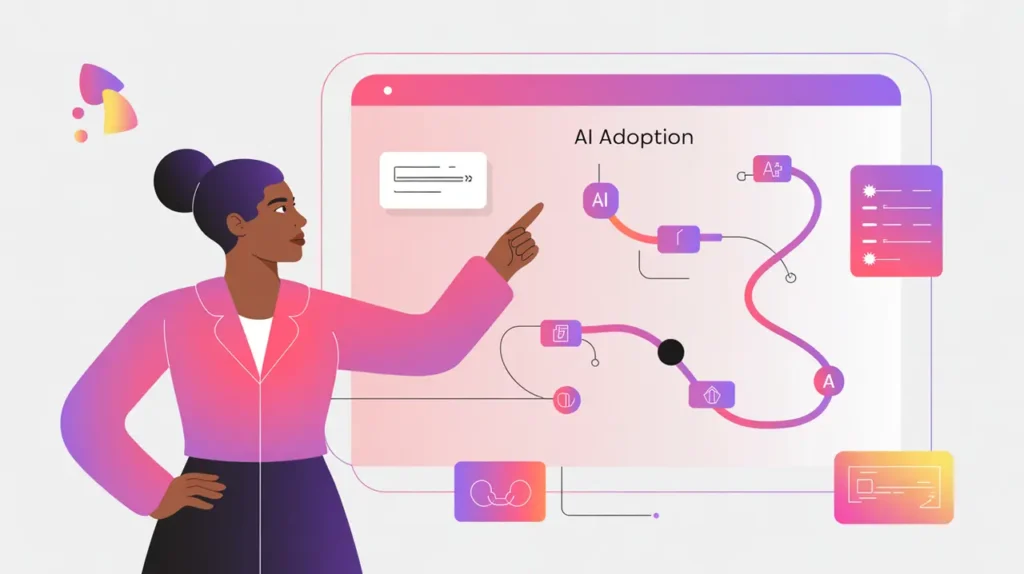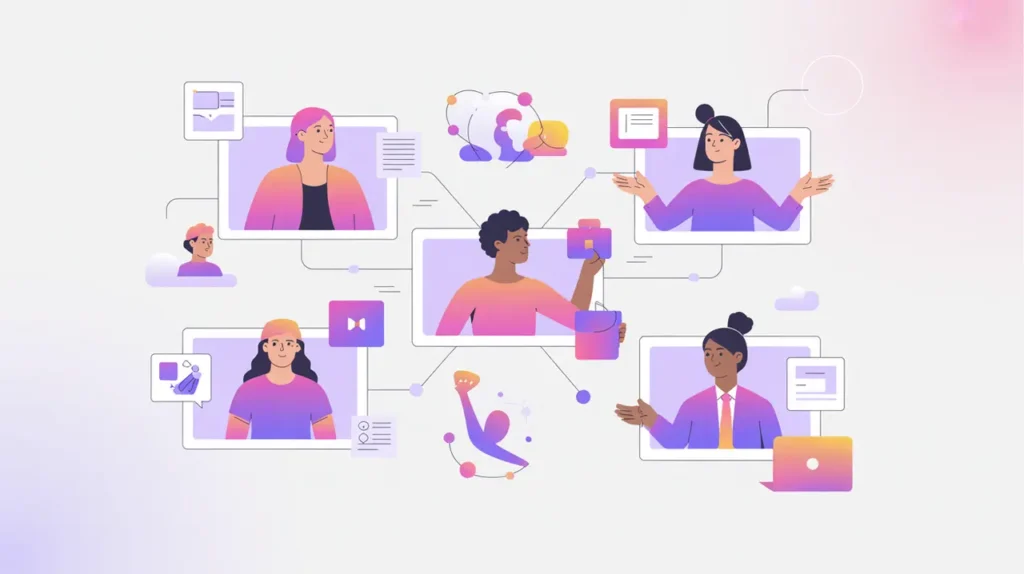Importance of Inclusive Hiring in an AI Context
Inclusive Hiring in an AI Context refers to recruitment practices that ensure fairness, equity, and diversity when AI tools are used in hiring and workforce management. AI is increasingly deployed to screen resumes, assess skills, and even evaluate video interviews. Its importance today lies in the risks of amplifying bias and exclusion if these systems are built on skewed data or poorly designed algorithms.
For social innovation and international development, inclusive hiring matters because mission-driven organizations must model equity in their own practices while also advocating for fairer systems in broader labor markets.
Definition and Key Features
AI hiring systems promise efficiency by processing large applicant pools quickly and identifying qualified candidates. However, research shows these tools often reproduce biases present in historical hiring data, such as underrepresentation of women, minorities, or people with disabilities. Inclusive hiring frameworks emphasize transparency, accountability, and ongoing audits of AI hiring tools.
This is not the same as diversity initiatives alone, which focus on outcomes without addressing systemic risks in the hiring pipeline. Nor is it equivalent to banning AI in hiring, which overlooks opportunities for AI to improve fairness if responsibly designed. Inclusive hiring focuses on governance, design, and practice.
How this Works in Practice
In practice, inclusive hiring may involve requiring vendors to disclose datasets and methodologies, applying bias audits, or combining AI pre-screening with structured human review. Organizations may use AI to anonymize resumes to reduce bias or to identify nontraditional pathways for talent. Human oversight remains essential to interpret context, values, and lived experience.
Challenges include lack of transparency in commercial hiring tools, limited regulatory frameworks, and unequal access to AI-powered job platforms. Without safeguards, AI may entrench existing inequities rather than expand opportunity.
Implications for Social Innovators
Inclusive hiring in an AI context is relevant across mission-driven sectors. Health programs must ensure recruitment of clinicians and community health workers reflects diversity rather than replicating biases. Education initiatives can use AI to broaden teacher recruitment while safeguarding fairness. Humanitarian agencies must prevent bias in digital hiring systems for field staff. Civil society organizations advocate for stronger governance of AI hiring tools to protect marginalized groups.
By embedding inclusivity into AI-driven hiring, organizations ensure that technology becomes a force for equity in labor markets rather than a barrier to opportunity.






